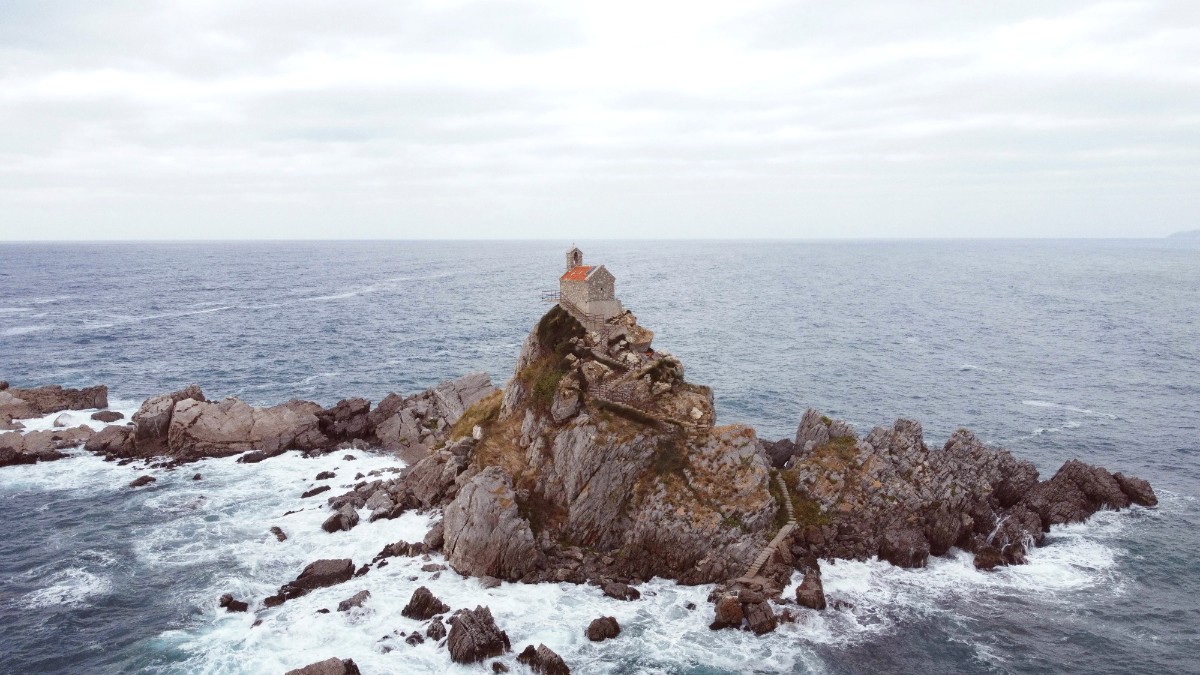
Montenegro
Montenegro features five national parks. These parks focus on preserving diverse ecosystems and landscapes. Many other nature reserves exist.
Along the coastline, efforts are underway to protect marine life and coastal ecosystems, though development pressure continues in some areas.
Support these initiatives by showing deference for protected zones and adhering to local environmental guidelines.
Mindful waste disposal and water use leave a positive mark.
Waste management in Montenegro can see inconsistency, especially outside major towns. You might notice litter in some natural areas or along roadsides. Recycling infrastructure holds limited presence.
Water resources in coastal areas face strain during the peak summer months due to high tourist numbers and occasional drought. Water conservation holds particular consequence during these times.
Consider purchasing carbon offsets for your flights to lessen the environmental footprint of your travel.
Seek out hotels or tour operators that actively advertise environmental certifications or demonstrate sustainable practices.
For durable and ethically produced outdoor gear, consider brands with a commitment to environmental practices.
Shop PatagoniaCarry reusables for personal care and daily needs to minimize waste during your travels.
Explore Package Free ShopEvery travel choice can contribute positively to the local environment. Thoughtful decisions support long-term sustainability.
Your interactions with locals and sites reflect an appreciation for Montenegrin culture.
Efforts are underway to preserve Montenegro's historical sites, like the ruins of Old Bar, and its traditional practices.
Always greet locals upon entering a shop, cafe, or restaurant. A simple "Zdravo" or "Dobar dan" is polite.
Always ask for permission before photographing individuals, especially in rural areas or if they show engagement in work.
Dress modestly: see to it that your shoulders and knees stay covered when visiting churches or monasteries.
Responsible travel extends to ethical treatment and avoiding over-tourism.
Be wary of services that appear unusually cheap, as they might feature exploitative labor practices.
Avoid any animal interactions that might feature cruelty or exploitation. Research ethical animal tourism before participating.
Avoid over-tourism by spreading your visits to less crowded areas or by traveling in the shoulder season.
Your travel choices directly influence the local economy. Support practices that benefit local communities and uphold fair trade.
This ensures your money stays within the local economy rather than going to large international chains.
Consider visiting small villages in the hinterland to boost their economies and experience traditional life.
Look for tour operators with a focus on sustainable and community-benefiting tourism.
Explore G AdventuresPurchases from certain stores contribute to environmental causes.
Visit The Rainforest SiteIf you wish to donate, consider supporting established local charities or environmental organizations.